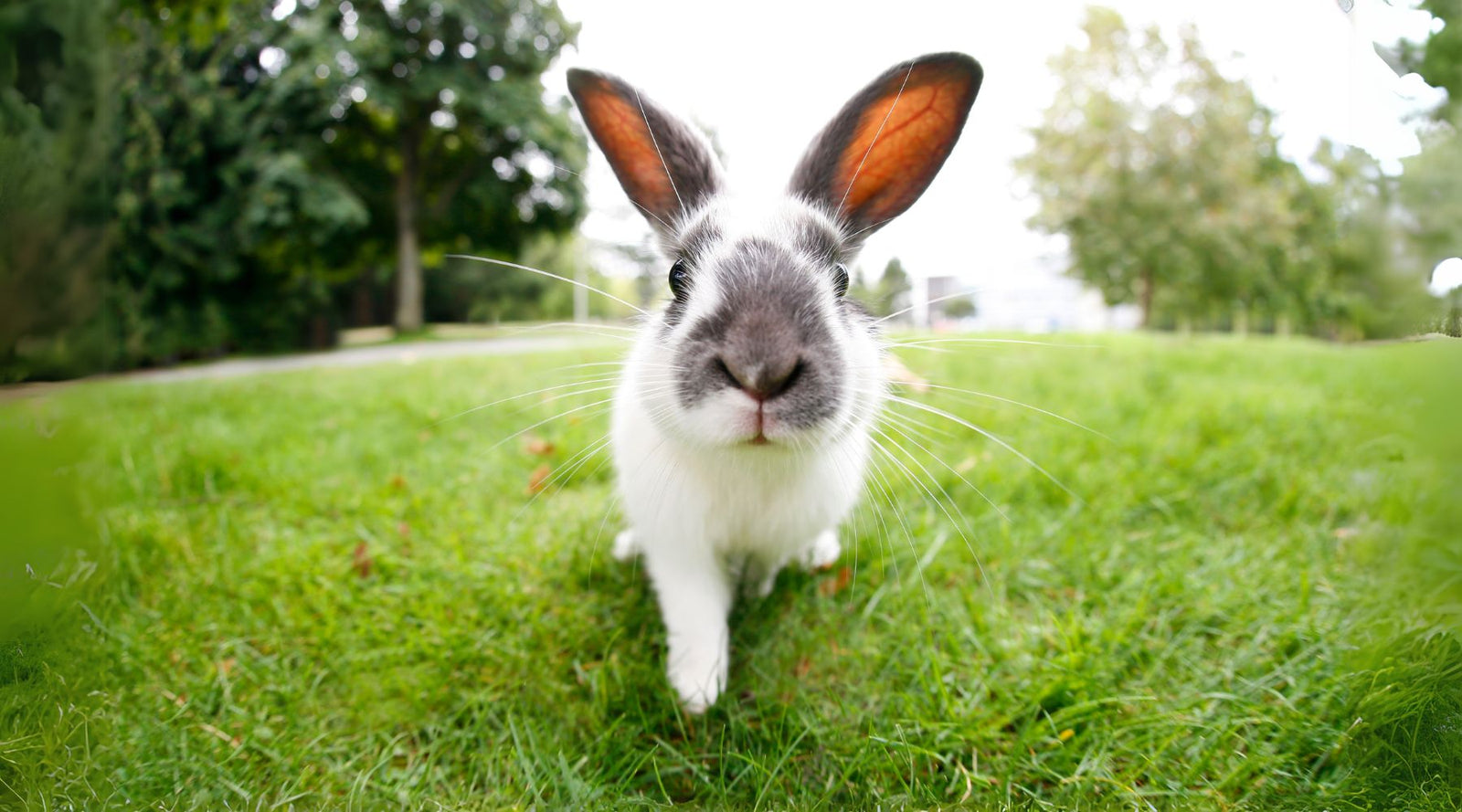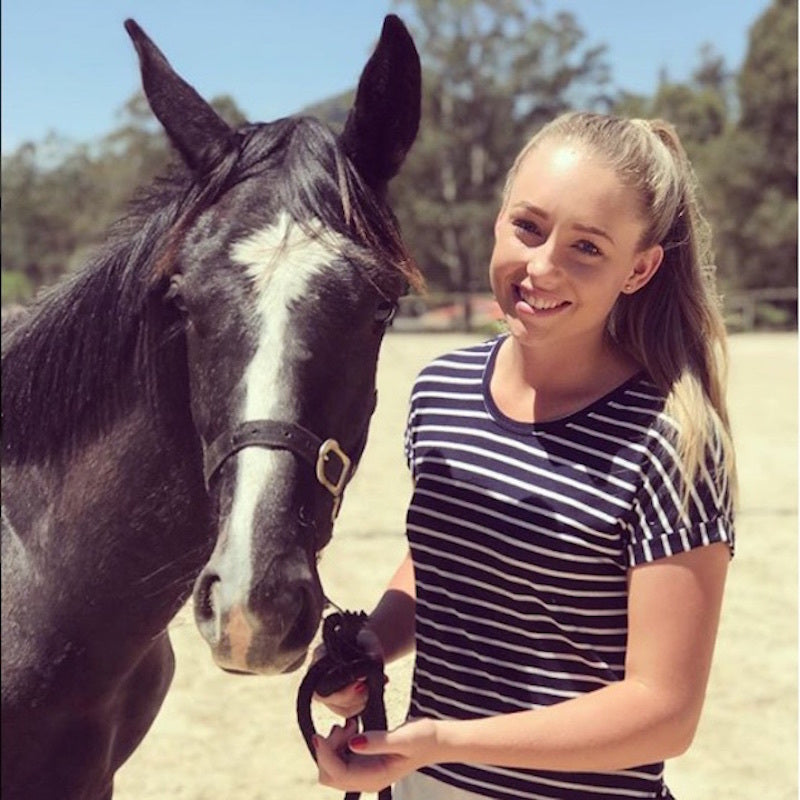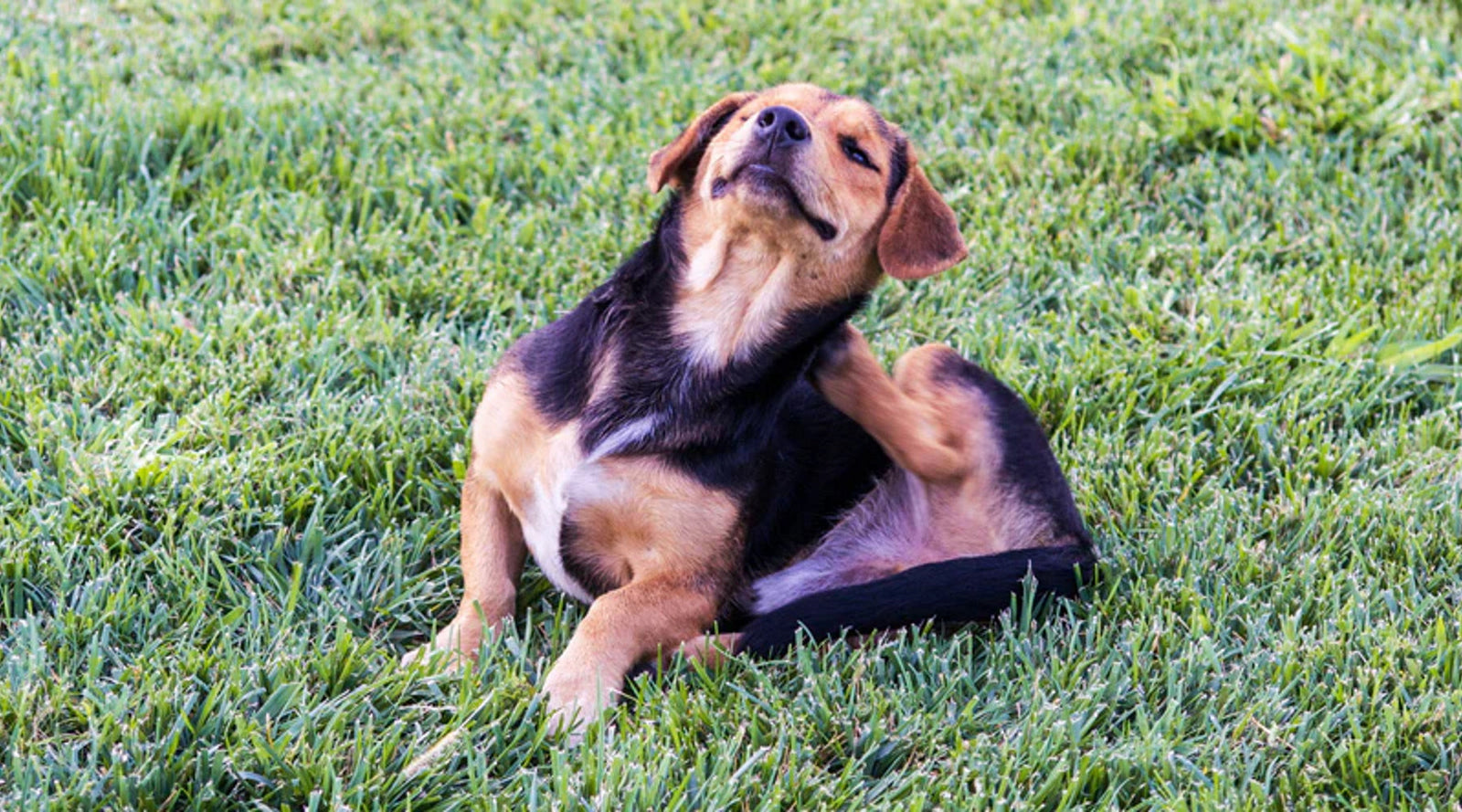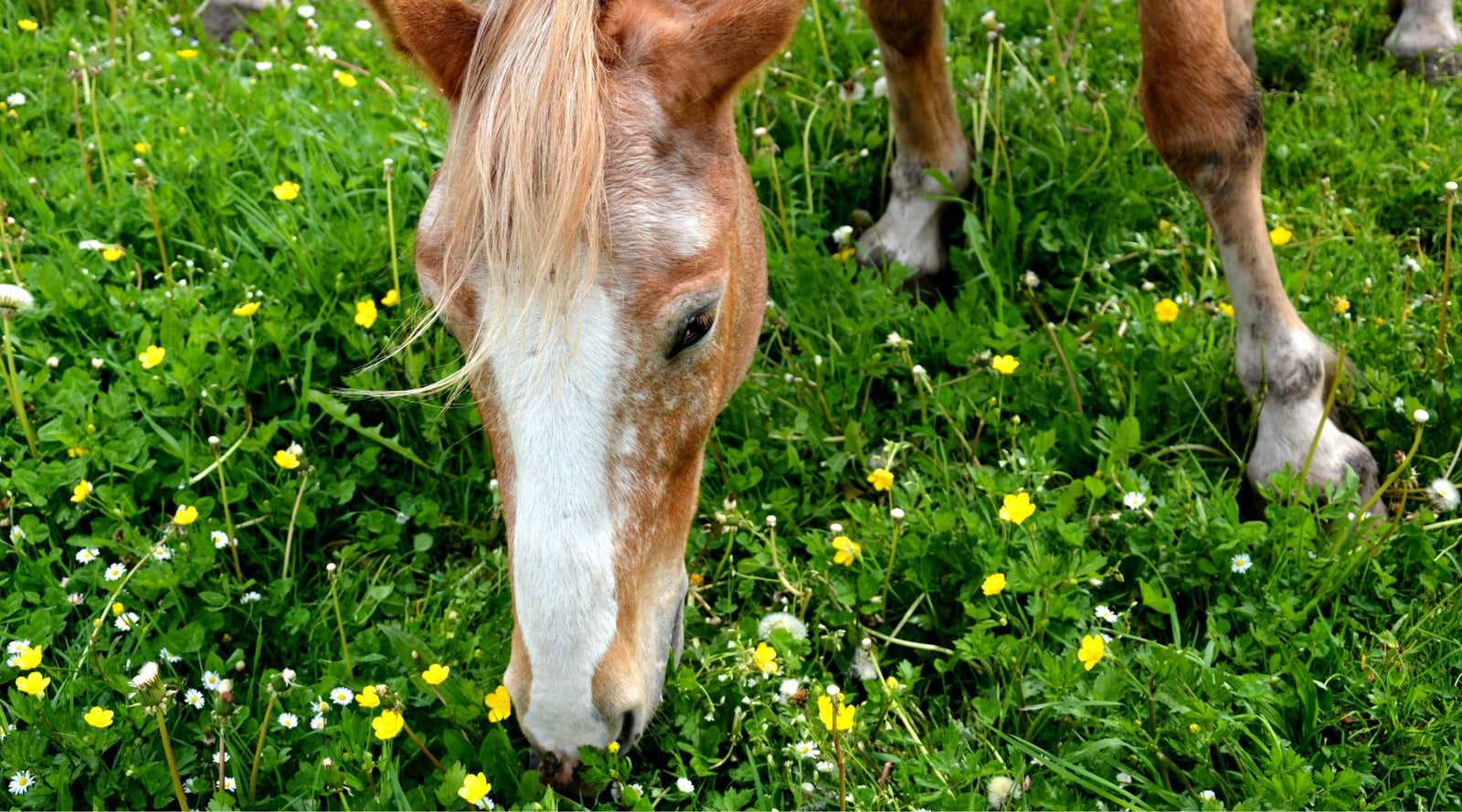Triple Hippo Rewards points are now available on all purchases made before midnight 24th February 2026.
Triple Hippo Rewards points are now available on all purchases made before midnight 24th February 2026.
Horse & Rider
How to keep your rabbit healthy: 7 common conditions and how to manage them
by Fiona Lane April 17, 2025

Key Highlights
· Rabbits are great pets but are very good at hiding symptoms. Keep a close eye on changes in behaviour
· Common health concerns in rabbits:
- Digestive issues such as GI stasis, constipation and diarrhoea
- Rabbits with respiratory infections known as “Snuffles” which can cause wheezing and sneezing
- Pododermatitis & Sore Hocks: Painful inflammation or ulcers on the legs due to being overweight or sitting on hard surfaces.
- Arthritis and Spondylosis in rabbits joints make it difficult to hop or move around.
- Arthritis in the spine is called Spondylosis and often gets slowly worse over time, making it hard to pick up on.
- Rabbits can pick up mites, fleas – and even ticks - or fungal infections like ringworm which cause itchy and painful skin irritations
- Stress and anxiety is a common problem in rabbits due to their sensitive nature. Loud noises, loneliness or changes in their environment can all result in stress, which can lead to more serious issues if not well managed.
It is no surprise that rabbits are popular. With their cute looks and happy and bouncy antics, they make great pets. Some of the cutest little bunnies are mini lops while the angora rabbits are incredibly soft to the touch, and it is hard not to pet one when you see them. As cute as they are, rabbits can be prone to health issues, especially those with loppy ears or long fur.
How to Know If Your Rabbit Is Unwell
Rabbits make great pets, but they’re also experts at hiding signs of illness, which is why it’s important to learn to recognise the early symptoms of common health conditions. Whether you’re a new rabbit owner or a seasoned pro, here are 7 of the most common health conditions that affect rabbits, the symptoms to watch out for, and practical ways to keep your rabbit healthy – including using remedies from our Small Pets range.
1. Digestive Issues: GI Stasis and Constipation
Gastrointestinal (GI) stasis occurs when a rabbit’s digestive system slows down or stops completely. This can lead to a build-up of gas and toxin-producing bacteria, food and hair in the gut that causes pain and, if left untreated, serious illness.
The most common causes of GI stasis in rabbits are a low-fibre diet, dehydration, stress or a lack of physical activity.
Symptoms of GI Stasis in rabbits
- Reduced appetite or refusal to eat.
- Smaller than usual droppings or constipation.
- Lethargy.
- Abdominal discomfort or bloating.
Managing GI Stasis in Rabbits
There are some simple ways to prevent GI stasis in rabbits, and a few things you can do if you spot the signs early:
- Feed your rabbit a high-fibre diet of hay and vegetables and keep carbohydrates like pellets and fruit to a minimum.
- Ensure access to fresh water for hydration.
- Encourage movement with supervised out-of-cage time.
- Add BioPet Gastric to their water or feed to help promote your rabbit’s digestive function and the processing of furballs. If you suspect your rabbit is constipated, start dosing with our Constipation – Pets remedy.
GI stasis can make your rabbit very unwell, so always consult your vet if you have any concerns.
2. Rabbits with Diarrhoea
Diarrhoea in rabbits isn’t a condition - it’s a symptom that indicates your rabbit is experiencing a health issue due to stress, dietary imbalances, an infection or other conditions. It can result from stress, dietary imbalances, infections, or parasites.
Diarrhoea Symptoms
- Soft or watery droppings.
- Soiled fur around the tail.
- Loss of appetite.
- Dehydration.
Managing a Rabbit with Diarrhoea
It’s important to find out what’s causing the issue, which can sometimes require a trip to the vet. However, some steps may help alleviate the immediate symptoms.
- Limit sugary treats like fruit and carbohydrates.
- Ensure constant access to clean water.
- Try using our Diarrhoea – Pets remedy to support recovery and reduce fluid loss.
3. Respiratory Infections: Rabbits with “Snuffles”
In rabbits, “Snuffles” is a common term for a bacterial infection in the upper respiratory system – usually, Pasteurella multocid, although other bacteria can result in infection too. Rabbits can carry these bacteria without showing symptoms until stress or a change in their environment triggers an infection.
Symptoms of Snuffles in Rabbits
- Sneezing and runny eyes.
- Nasal discharge can start clear before becoming thick or yellow.
- Noisy or laboured breathing (which is where the term ‘snuffles’ comes from).
- Lethargy and loss of appetite.
Management Tips for Snuffles
Rabbits only breathe through their nose, which is why nasal congestion is a health issue that needs to be addressed quickly, especially as it can lead to bronchitis or pneumonia if left untreated.
- Keep housing dry, warm, and well-ventilated to prevent the spread of bacteria.
- Isolate a rabbit with Snuffles from any other rabbits you may own.
- Stress and changes in their environment can weaken a rabbit’s immune system, making them more susceptible to infection. Use our Immune Plus – Pets remedy to provide everyday immune support or for a boost during times of illness, or our BioPet Relax remedy for times when your rabbit may experience stress or changes in their environment.
- Your rabbit may need antibiotics, in which case you should consult your vet.
4. Pododermatitis & Sore Hocks
Rabbits don’t have a pad or area of thickened skin on their feet, so rely on thick fur to provide cushioning and protection. Too much pressure on their feet due to spending a lot of time on hard or abrasive surfaces, being overweight or losing that cushioning fur – can result in inflammation or ulcers on the feet.
Symptoms of Pododermatitis
- Loss of fur on the feet or hocks.
- Red, inflamed or broken skin, swelling, or open sores on the feet or hocks.
- Signs of pain – sitting in a hunched position, reluctance to move or lack of appetite.
How to Manage Pododermatitis
- Ensure your rabbit has plenty of room to move and opportunities to be active
- Minimise time on hard surfaces and floors, or areas that prevent the back feet from resting naturally, such as cages with wire bottoms.
- Help your rabbit to maintain a healthy weight
- Keep their living space clean and dry
- Use BioPet Skin to promote skin health and provide immune support for minor skin irritations.
· If you have any concerns about the health of your rabbit, contact your vet.
5. Arthritis and Spondylosis
Just like humans, rabbits develop arthritis in their joints making it difficult to hop or move around. When arthritis develops in the spine, it is called Spondylosis. Arthritis and Spondylosis symptoms often get slowly worse over time, making them hard to pick up on.
Symptoms in Rabbits
- Slow to move especially in cold weather.
- Struggling to hop or walk.
- Limping or favouring certain legs.
- Sitting with a hunched posture and reluctance to move.
Management Tips
Unfortunately, there is no cure for old age, however, there are some things you can do to keep your older rabbit mobile for longer.
- Help your rabbit maintain a healthy weight by feeding a diet high in fibre.
- Use soft bedding and set up ramps to help them move around.
- Ensure their living space is warm and dry, especially in colder months
- Use BioPet Joints to support rabbits with stiff or sore joints, or our Weak Hind Legs remedy to promote a stronger hop.
6. Fleas & Ringworm
Like most pets, rabbits can pick up mites, fleas – and even ticks - or fungal infections like ringworm.
Symptoms
- For fleas: intense or persistent scratching or itching, and skin irritation and presence of flea ‘frass’ when combing
- For Ringworm: patchy fur loss, or red, dry and flaky skin
Management Tips
Regular grooming, and changing or cleaning bedding helps, but even the best hygiene won’t always prevent an infestation.
- For fleas: you can use a commercial flea treatment for small animals. Or if you’d like a more natural approach there’s our BioPet Fleas & Ticks remedy.
- For ringworm: use an anti-fungal medication, or try our Ringworm Plus – Pets remedy.
7. Stress & Anxiety
Rabbits are sensitive animals and easily prone to experiencing stress, depression, and anxiety. Loud noises, loneliness or changes in their environment can all result in stress, which can lead to more serious issues if not well managed.
Symptoms of stress in rabbits
- Hiding, freezing or flattening their body to the ground.
- Thumping back feet as a sign they are feeling threatened.
- Lack of interaction with humans or other pets.
- Overgrooming, pacing, or restlessness.
- Changes in appetite or toileting habits.
Managing an anxious rabbit
If your rabbit is experiencing stress due to a short-term situation – such as a move or the absence of a favourite family member - try to get things back to normal as soon as you can. However, if the issue is more generalised and long term you can try the following.
- Create a calm, secure environment or move their living space to a quiet, more private location.
- Provide extra hiding spots using cardboard boxes or tunnels so they have safe spaces to retreat to.
- Provide toys to keep them mentally stimulated and entertained.
- Use our BioPet Relax as an everyday calmative.
Conclusion
Being observant, informed and proactive is the best way of spotting the early signs of health issues in your rabbit and quickly providing the support or help they need. Our range of remedies for Small Pets can be used to provide immediate support while you wait to see your vet or can be used alongside prescribed treatments to assist with recovery. Simply add to the water source or dose on food or a treat for a no mess, no stress way to support your rabbit’s long-term health.
See our full range of remedies for Small Pets
General Disclaimer: Always follow dosing instructions. Our remedies are formulated to support the natural immune system of horses, pets, livestock, and people. We do not claim to treat, medicate, or cure any health conditions. If you are worried an animal may be in pain or suffering, please contact your veterinarian.




